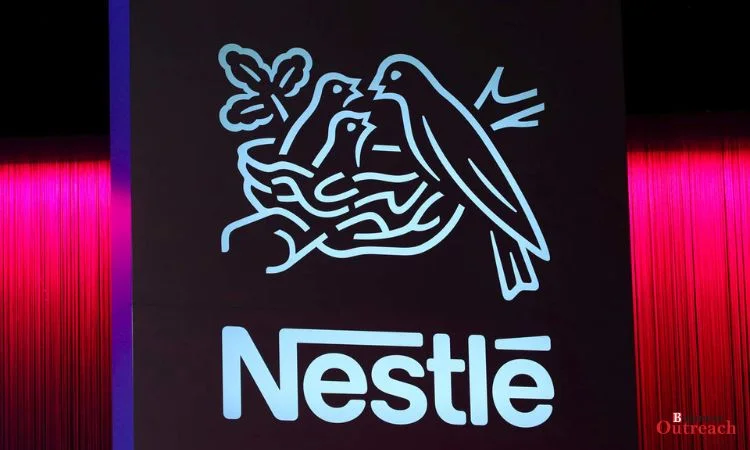Nestle India, the Indian subsidiary of the global food and beverage giant Nestle, has found itself in the midst of a controversy surrounding a proposed royalty hike. The company’s majority shareholders have rejected the proposal, raising concerns about the impact on the company’s profitability and future growth.

Nestle India’s board of directors had proposed a significant increase in the royalty payments made to its parent company, Nestle SA, for the use of its brands and technology. The proposed royalty rate would have increased from 1.1% to 3.0% of net sales, a substantial jump that raised eyebrows among investors.
The proposal was met with strong opposition from Nestle India’s majority shareholders, including Life Insurance Corporation of India (LIC), Abu Dhabi Investment Authority (ADIA), and CP Group. They argued that the hike was unjustified and would erode the company’s profitability, ultimately hurting shareholder value.
Shareholders expressed concerns that the increased royalty payments would put a strain on Nestle India’s margins, making it difficult for the company to compete effectively in the Indian market. They also feared that the hike would hinder the company’s future growth prospects, as it would limit resources available for investments and expansion.
The news of the royalty hike proposal and the subsequent shareholder rejection sent Nestle India’s share price tumbling. The stock fell by over 5% in a single day, reflecting investor concerns about the company’s future profitability and growth.
In response to the shareholder concerns, Nestle India has stated that it is committed to finding a solution that is acceptable to all stakeholders. The company has also assured investors that it will continue to focus on delivering strong financial performance and driving sustainable growth.
The outcome of this royalty dispute remains uncertain. However, it is clear that the company faces a significant challenge in balancing the interests of its parent company with those of its shareholders. The company’s ability to navigate this challenge will have a major impact on its future success in the Indian market.
Additionally:
- Nestle India is one of the leading food and beverage companies in India, with a wide portfolio of popular brands, including Maggi, KitKat, and Nescafe.
- The royalty dispute has raised questions about the relationship between Nestle India and its parent company, Nestle SA.
- The outcome of this dispute could have implications for other multinational companies operating in India.
The royalty hike proposal by Nestle India has sparked a controversy that highlights the complex relationship between multinational companies and their subsidiaries. The company’s ability to resolve this dispute in a way that satisfies all stakeholders will be crucial for its future success in the Indian market. As the situation unfolds, it will be interesting to see how Nestle India navigates this challenge and ensures its long-term growth and profitability.















